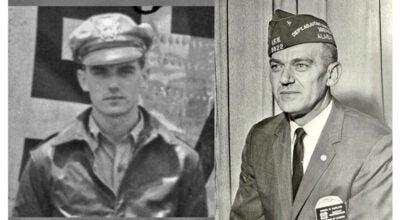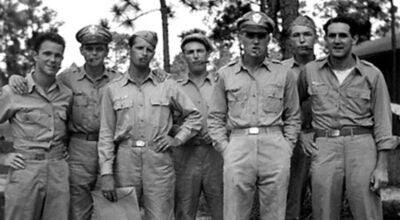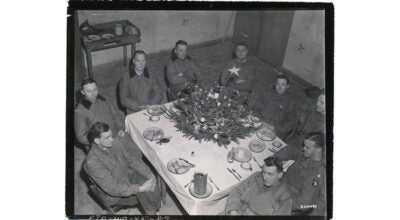Right or wrong? You decide
Published 12:00 am Saturday, August 20, 2011
I’ve always had reservations about the appropriateness of the media talking to a juror. So when we knew we were about to get a verdict in the federal bingo trial last week, and that the jury included Red Level’s Teresa Tolbert, we asked a few questions.
The Alabama Press Association’s attorney pointed out that the Code of Alabama only prohibits one from “conversing with a juror, knowing him to be such, in relation to the merits of any action which he is engaged in the trial of …. during the time he is engaged in the trial of any cause.”
Legal matters aside, how do attorneys feel about it? I polled a few friends. Since I didn’t ask permission to quote them, have fun guessing who’s who among area attorneys.
“Honestly, as a lawyer I am always interested in knowing what pieces of evidence were pivotal to a petit jury’s verdict, and the only way to learn that is to ask the jurors and so I often do that in my cases,” one of them said. “However, it is certainly inappropriate to “chase” or otherwise pressure the jurors to discuss the case. They have privacy rights and have a right to refrain from being interviewed.”
One who’s worked both as a prosecutor and a defense attorney, agreed.
“Most attorneys I know, prosecutors and defense attorneys, and plaintiff and defense civil attorneys want to quiz jurors to get feedback on how well they did, how tactics worked or didn’t, and personalities were received,” he said. “Of course, anyone, media or lawyers or others must be very, very careful as to how the juror is approached.”
Another also is curious about verdicts.
“We often attempt to discuss jury verdicts with jurors, and my experience has been that if my client won the case, the jurors like to discuss the case with me,” he said.
“They are not so loquacious with me if their finding was adverse to my client. Wouldn’t you just know it!”
Two disagreed with the majority.
“Even though it is considered acceptable, I always thought it was an invasion of the sanctity of the jury process,” one said.
The other said, “I have never liked interviewing jurors after a case. It seems to me that undue pressure could result, especially if many people, on both sides, are asking for interviews. It might be different if possible juror misconduct was involved. The jurors have done their duty (for a pittance) so leave them alone.”
In the end, we did call Ms. Tolbert, who replied professionally with a written statement. She is the only juror who’s provided any insight into the verdict, and feels as if her job as a juror was left undone because the group couldn’t reach a verdict on a number of charges.
Her service, her professionalism, and willingness to speak are appreciated.
Were we right or wrong to call her? You be the judge.
More COLUMN -- FEATURE SPOT





